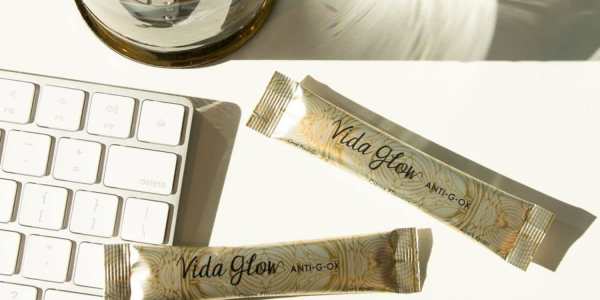It’s been a long time coming, but I was finally pushed over the edge to look into it… What exactly is a microcurrent facial?
For what feels like months, every beauty guru I follow on Instagram has been posting pictures and giving rave reviews for one treatment; the Microcurrent Facial. Celebrities like Jennifer Aniston, Jennifer Lopez, and even Dan Levy rely on microcurrent facials for their sculpted cheekbones and glowing complexions. All this praise seemed indicative of something worthwhile. With a little research, I got the lowdown on what exactly microcurrent facials entail.
What Is a Microcurrent Facial?
Microcurrent facials use low-voltage electrical currents to increase cellular activity in the face. In turn, these currents “tighten and smooth the muscles and connective tissues,” Healthline reports, “and have been shown to reduce wrinkles, mostly around the forehead area.”
The treatment follows principles that have been around for thousands of years. In medicine, microcurrent technology is used for the management of chronic pain, applied to the pressure points targeted in acupuncture.
While microcurrent facials have been offered at salons and spas for decades now, new technologies mean that it’s now possible to give yourself the covetable treatment from the comfort of your own home. That is if you have the right tools — and let me warn you, it will cost a bit upfront.
Can I Do a Microcurrent Facial at Home?
To give yourself a microcurrent facial, you’ll need a device to help you get the job done. The Trinity Mini from NuFACE is a good entry-level choice, as it’s smaller and relatively cheaper than full-sized alternatives. However, if you just want to give it a try, getting the facial done at a salon first might be worth your time before you decide whether or not to make the investment.
If you know you’ll be wanting to get multiple facials, however, it might be worth the one-time payment, as opposed to multiple expensive sessions. For $299, the NuFACE seems like a pretty good deal once you consider that one treatment can cost anywhere from $130-$200. At-home devices will never be as effective as in-clinic treatments – after all, beauty therapists are trained to deliver microcurrent facials, and we don’t need to go to school to use our NuFACE devices. However, they are more accessible and can be used on a more regular basis. Celebrities like Miranda Kerr and Bella Hadid are microcurrent device loyalists, and both use the NuFACE.
Do Microcurrent Facials Hurt?
Whether you get it done at a salon or give yourself a DIY treatment, microcurrent facials shouldn’t hurt at all. “There is a gentle, zingy feeling,” aesthetician Graceanne Svendsen told Healthline. “This isn’t painful, it just feels ‘alive’.”







